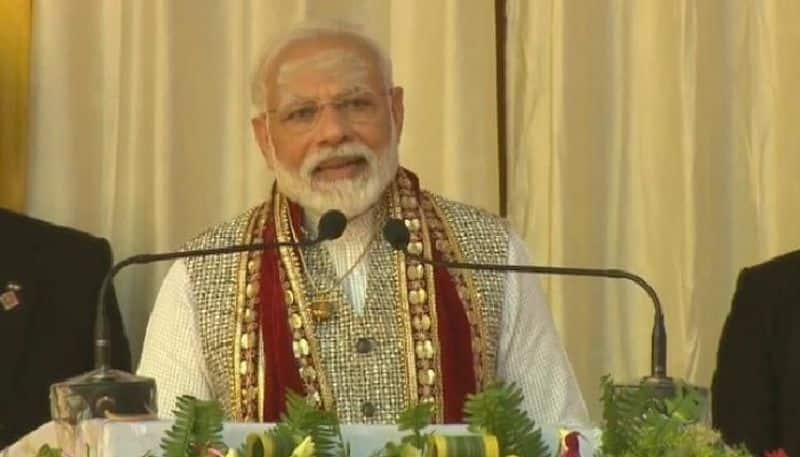Using DBT, the government has saved Rs 28,700 crore in the first nine months of the current fiscal year (April-December 2019-20)
Bengaluru: The Direct Benefit Transfer (DBT) has helped the government save nearly Rs 28,700 crore during the first nine months of the current fiscal year (April-December 2019-20), as reported by The Hindu Business Line.
You may be pleasantly surprised to know that this amount is more or less equal to the policy on the government’s Medical and Public Health, as stated in the budget. The Union Budget 2020-21 has provided ₹29,774 crore for this purpose.
The paper adds that it could also meet 46 per cent of the budgeted expenditure on Mahatma Gandhi National Rural Employment Guarantee Programme, which has a provision of ₹61,500 crore in the Union Budget.
Though started by the UPA government, it is the Modi government which has been widely using it as Modi gives a lot of thrust to such schemes, with a view to reach out to the maximum number of people.
Modi is well aware of the fact that the intended person receives only an infinitesimal amount by the time it reaches him. So with the help of such schemes like the DBT, corruption can also be cut.
The paper noted that even in Budget 2020, Finance Minister Nirmala Sitharama said that a former Prime Minister had once voiced concern that the fruits of the welfare schemes were not reaching the intended citizens — the common and deserving citizen was only receiving 15 paisa of every rupee sent for him. “Guided by ‘Sabka Saath, Sabka Vikas, Sabka Vishwas’, our government and our Prime Minister added manifold speed and scaled up the implementation of schemes and programmes that directly benefitted the poor and the disadvantaged,” she said.
Under this scheme, subsidies are transferred to the bank accounts of the intended beneficiaries directly. Phoney accounts, leakages are also minimised.
As on date, 429 schemes implemented by 56 ministries and departments use DBT.
Last Updated Feb 22, 2020, 12:53 PM IST











![Salman Khan sets stage on fire for Anant Ambani, Radhika Merchant pre-wedding festivities [WATCH] ATG](https://static-ai.asianetnews.com/images/01hr1hh8y86gvb4kbqgnyhc0w0/whatsapp-image-2024-03-03-at-12-24-37-pm_100x60xt.jpg)
![Pregnant Deepika Padukone dances with Ranveer Singh at Anant Ambani, Radhika Merchant pre-wedding bash [WATCH] ATG](https://static-ai.asianetnews.com/images/01hr1ffyd3nzqzgm6ba0k87vr8/whatsapp-image-2024-03-03-at-11-45-35-am_100x60xt.jpg)



